Rarely do elite athletes continue competing at the highest level of their chosen discipline beyond the age of 40, and even less frequently are they successful in the process.
However, it is a practice that is becoming increasingly common, with the likes of Tom Brady winning his final Super Bowl at the age of 43 and LeBron James, now 40, still performing to a high standard in the NBA.
In F1, it is a phenomena that is having somewhat of a renaissance. Fernando Alonso, 43, is now joined by Lewis Hamilton - whilst Kimi Raikkonen retired at 41 in 2021.
Nonetheless, a u-shaped curve has not quite developed and racing over 40 is far from as prevalent in F1 as during the championship's first two decades.
How are drivers doing after age 40?
First, some numbers: 778 drivers have driven in a Formula 1 race. Of those, 114 of them did so while they were 40 or older. (It should be noted, however, that 25 of them only competed in the Indy 500, when that race was still part of the Formula 1 schedule.)
Out of the 114 40-plus drivers, 27 of them stood on the podium. Again, the Indy 500 is well represented, as five of the 27 only competed in the American race.
Alonso was seen on the podium plenty of times in 2023, but before that, Michael Schumacher was the last over 40 to do so.
That feat came at the 2012 European Grand Prix when the seven-time F1 drivers' champion finished third. It was his first and last podium for Mercedes in his three-year stint at the team.
Victories in F1 after 40 are even more rare, with only 10 drivers having stood atop the rostrum after that point.
Although, there is yet another caveat to that: Sam Hanks and Lee Wallard are among those 10, but they also only raced in the Indy 500.
Of the remaining eight, Luigi Fagioli was the oldest driver to take the chequered flag, winning his only grand prix at a whopping 53 years old.
Interestingly, Fagioli was not in the car at the time he crossed the finish line as in the early years of Formula 1, teams were still allowed to change drivers during the race and thus Fagioli started, but did not finish the race. However, since his car won, he was also awarded the victory.
1992 F1 drivers' champion Nigel Mansell is the only one of the 10 to take victory over the age of 40 after 1970, winning the 1994 Australian Grand Prix.
So, if Hamilton can triumph for Ferrari throughout his two-year contract, he will also be ending a 30-year drought.
Article continues after image and table.
Drivers who won a race after age 40
| Driver (last victory) | Age |
|---|---|
| Luigi Fagioli (France, 1951) | 53 years, 22 days |
| Nino Farina (Germany, 1953) | 46 years, 276 days |
| Juan Manuel Fangio (Germany, 1957) | 46 years, 41 days |
| Piero Taruffi (Switzerland, 1952) | 45 years, 219 days |
| Jack Brabham (South Africa, 1970) | 43 years, 339 days |
| Sam Hanks (Indy 500, 1957) | 42 years, 321 days |
| Nigel Mansell (Australia, 1994) | 41 years, 97 days |
| Lee Wallard (Indy 500, 1951) | 40 years, 264 days |
| Maurice Trintignant (Monaco, 1958) | 40 years, 200 days |
| Graham Hill (Monaco, 1969) | 40 years, 92 days |
Champions
And finally, champions. In the history of Formula 1, there have been only three drivers who have won a drivers' title at or after the age of 40: Juan Manuel Fangio, Nino Farina, and Jack Brabham.
Brabham was 40 when he won his third crown in 1966, Farina was 43 when he won his first and only title in 1950 - also F1's first season.
But Fangio is on a plane of his own. The Argentine won his first championship in 1951 at the age of 40, and then added four more.
All in all, drivers seldom enjoy great success after the age of 40. Nevertheless, Hamilton will be driving a competitive car this season. Ferrari won five grand prix last year and has a serious chance at the constructors' title this term.
Even if Hamilton cannot secure the first over-40s title since the 1960s, he may well become just the second driver over 40 to win a grand prix since 1970.
Also interesting:
Join RacingNews365's Ian Parkes, Sam Coop and Nick Golding in the first podcast episode of 2025! Lewis Hamilton becoming a Ferrari driver is a key talking point, as is the beginning of Red Bull's new era following the exit of Sergio Perez.
Rather watch the podcast? Then click here!
Don't miss out on any of the Formula 1 action thanks to this handy 2026 F1 calendar that can be easily loaded into your smartphone or PC.
Download the calenderMost read
In this article
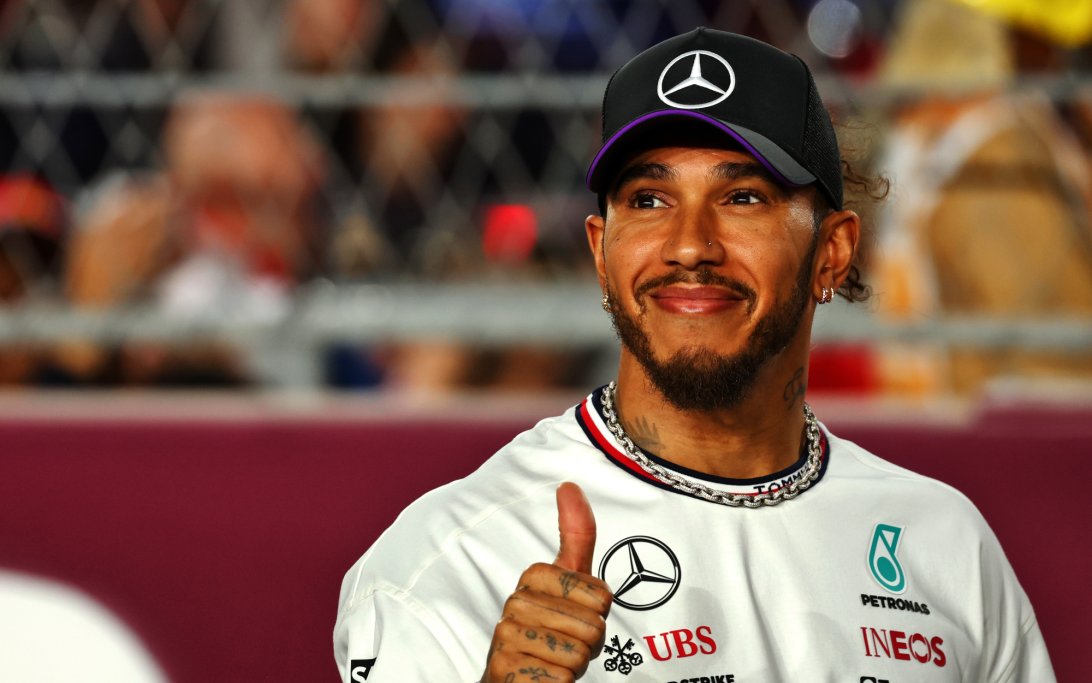
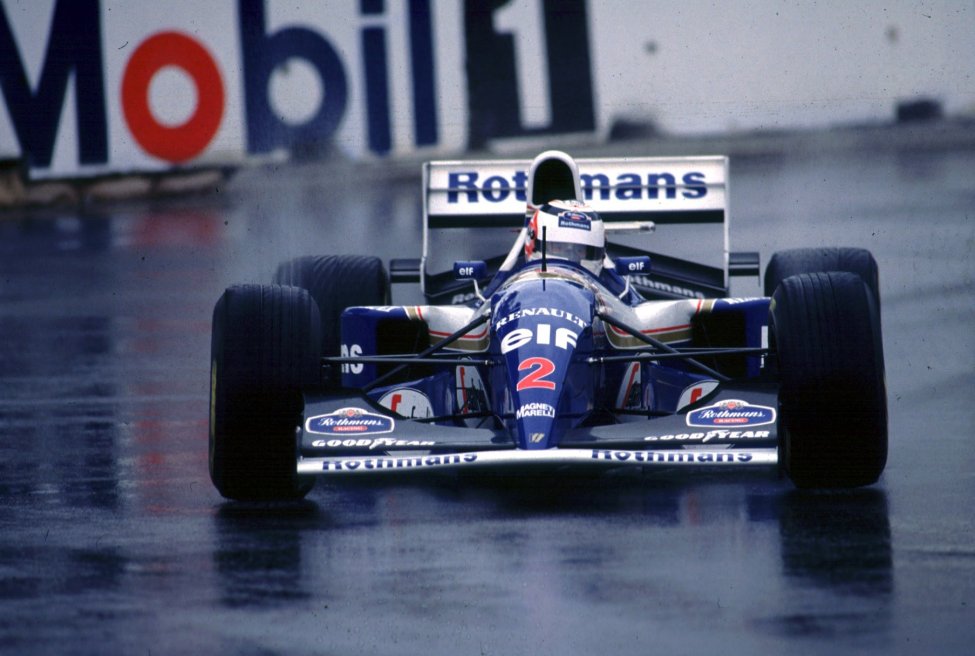


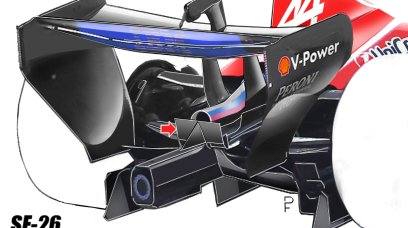
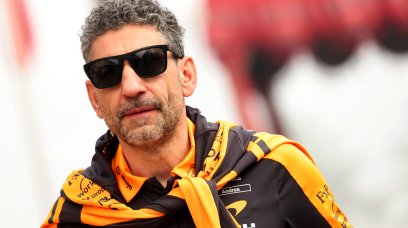
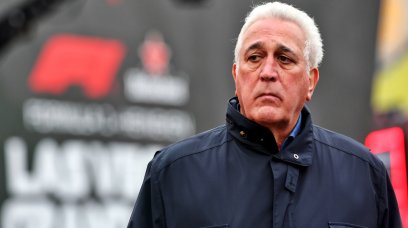
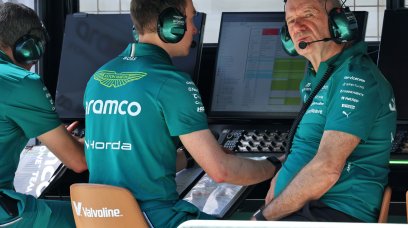

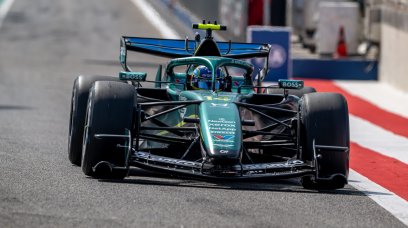
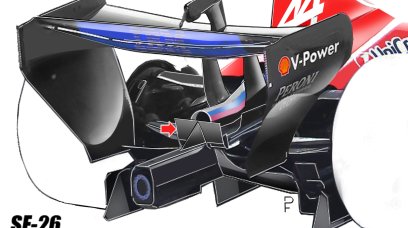
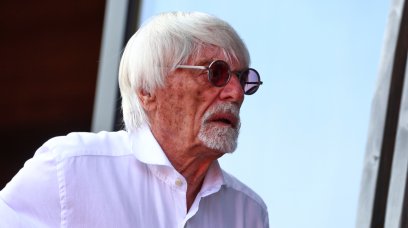
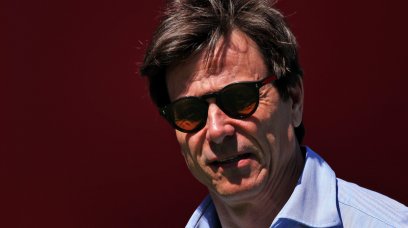
Join the conversation!